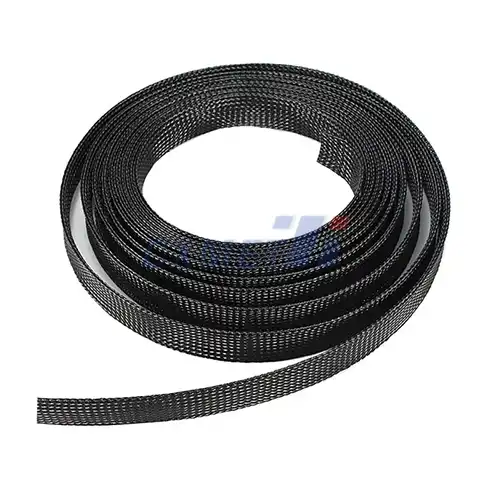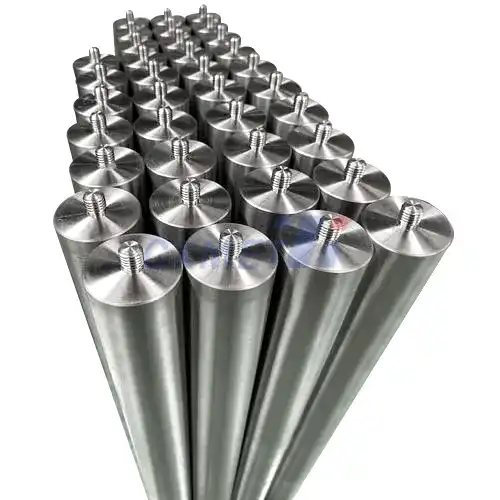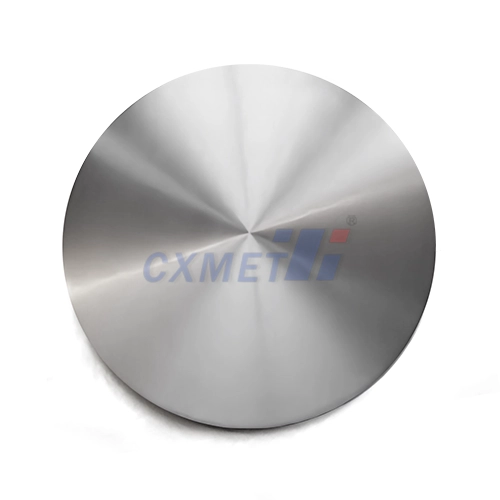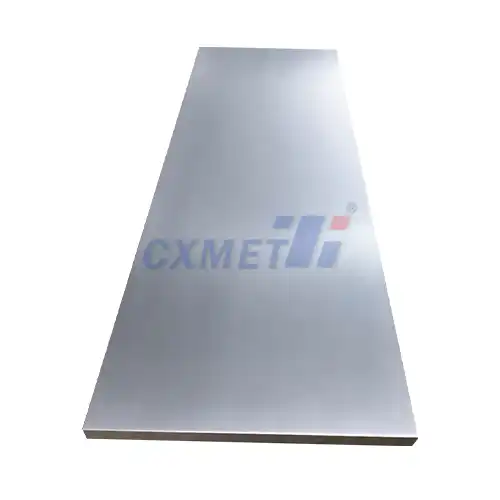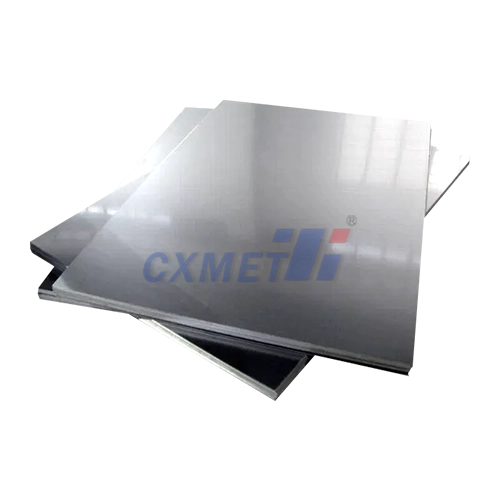- English
- French
- German
- Portuguese
- Spanish
- Russian
- Japanese
- Korean
- Arabic
- Greek
- German
- Turkish
- Italian
- Danish
- Romanian
- Indonesian
- Czech
- Afrikaans
- Swedish
- Polish
- Basque
- Catalan
- Esperanto
- Hindi
- Lao
- Albanian
- Amharic
- Armenian
- Azerbaijani
- Belarusian
- Bengali
- Bosnian
- Bulgarian
- Cebuano
- Chichewa
- Corsican
- Croatian
- Dutch
- Estonian
- Filipino
- Finnish
- Frisian
- Galician
- Georgian
- Gujarati
- Haitian
- Hausa
- Hawaiian
- Hebrew
- Hmong
- Hungarian
- Icelandic
- Igbo
- Javanese
- Kannada
- Kazakh
- Khmer
- Kurdish
- Kyrgyz
- Latin
- Latvian
- Lithuanian
- Luxembou..
- Macedonian
- Malagasy
- Malay
- Malayalam
- Maltese
- Maori
- Marathi
- Mongolian
- Burmese
- Nepali
- Norwegian
- Pashto
- Persian
- Punjabi
- Serbian
- Sesotho
- Sinhala
- Slovak
- Slovenian
- Somali
- Samoan
- Scots Gaelic
- Shona
- Sindhi
- Sundanese
- Swahili
- Tajik
- Tamil
- Telugu
- Thai
- Ukrainian
- Urdu
- Uzbek
- Vietnamese
- Welsh
- Xhosa
- Yiddish
- Yoruba
- Zulu
How Does Titanium Alloy 6Al-2Sn-4Zr-6Mo Round Bar Revolutionize Aerospace Engineering?
2025-07-31 16:13:38
In the ever-evolving landscape of aerospace engineering, materials play a pivotal role in pushing the boundaries of what's possible. Among these groundbreaking materials, Titanium Alloy 6Al-2Sn-4Zr-6Mo Round Bar stands out as a true game-changer. This near-alpha titanium alloy, also known as Ti-6-2-4-6, has emerged as a revolutionary force in the aerospace industry, offering a unique combination of properties that address the complex demands of modern aircraft and spacecraft design. With its exceptional strength-to-weight ratio, outstanding high-temperature performance, and cost-effective manufacturing processes, this alloy is transforming the way engineers approach aerospace challenges. In this blog, we'll explore how Titanium Alloy 6Al-2Sn-4Zr-6Mo Round Bar is revolutionizing aerospace engineering and setting new standards for material performance in one of the most demanding industries on the planet.
|
|
|
Unmatched Strength-to-Weight Ratio: Key Advantages
Superior Mechanical Properties
Titanium Alloy 6Al-2Sn-4Zr-6Mo Round Bar boasts exceptional mechanical properties that make it ideal for aerospace applications. With a tensile strength of ≥ 1030 MPa and yield strength of ≥ 965 MPa, this alloy offers remarkable load-bearing capabilities while maintaining a relatively low density of 4.54 g/cm³. This combination results in an outstanding strength-to-weight ratio, allowing aerospace engineers to design lighter yet stronger components. The alloy's superior mechanical properties enable the creation of aircraft parts that can withstand extreme forces and pressures encountered during flight, while simultaneously reducing the overall weight of the aircraft, leading to improved fuel efficiency and performance.
Enhanced Fatigue Resistance
One of the critical factors in aerospace engineering is the material's ability to withstand repeated stress cycles without failure. Titanium Alloy 6Al-2Sn-4Zr-6Mo Round Bar excels in this area, offering exceptional fatigue resistance. This property is crucial for components subjected to constant vibrations and cyclic loading, such as engine parts and structural elements. The alloy's unique composition and microstructure contribute to its superior fatigue performance, allowing aerospace engineers to design parts with longer service life and improved reliability. By utilizing this material, manufacturers can reduce maintenance frequency and enhance overall aircraft safety, revolutionizing the longevity and dependability of aerospace components.
Corrosion Resistance in Harsh Environments
Aerospace applications often expose materials to harsh environmental conditions, including corrosive atmospheres and extreme temperatures. Titanium Alloy 6Al-2Sn-4Zr-6Mo Round Bar demonstrates excellent corrosion resistance, making it suitable for use in various aerospace environments. Its ability to withstand corrosive agents, such as saltwater and acidic gases, ensures the longevity of critical components in both aircraft and spacecraft. This corrosion resistance not only extends the lifespan of parts but also reduces the need for protective coatings or frequent replacements, leading to cost savings and improved operational efficiency in the aerospace industry.
High-Temperature Performance: Pushing Aerospace Boundaries
Thermal Stability at Elevated Temperatures
One of the most remarkable features of Titanium Alloy 6Al-2Sn-4Zr-6Mo Round Bar is its ability to maintain mechanical properties at high temperatures. This alloy exhibits excellent thermal stability, retaining its strength and structural integrity up to temperatures of 550°C (1022°F). This characteristic is particularly valuable in aerospace applications where components are subjected to extreme heat, such as in jet engines and rocket propulsion systems. The alloy's thermal stability allows engineers to design more efficient and powerful engines, capable of operating at higher temperatures and pressures, thus pushing the boundaries of aerospace performance and capabilities.
Creep Resistance for Long-Term Reliability
Creep resistance is a critical property for materials used in aerospace applications, especially those exposed to sustained loads at high temperatures. Titanium Alloy 6Al-2Sn-4Zr-6Mo Round Bar demonstrates superior creep resistance, maintaining its dimensional stability and mechanical properties under prolonged stress and temperature exposure. This characteristic is essential for components like turbine blades and discs, which must withstand continuous high-stress conditions without deformation. By utilizing this alloy, aerospace engineers can design more reliable and durable engine parts, extending the operational life of aircraft and reducing the frequency of maintenance and replacements.
Oxidation Resistance for Extended Component Life
In high-temperature aerospace applications, oxidation can significantly degrade material properties and lead to premature failure. Titanium Alloy 6Al-2Sn-4Zr-6Mo Round Bar exhibits excellent oxidation resistance, forming a protective oxide layer that prevents further degradation of the material. This property is crucial for components exposed to hot gases in jet engines and other high-temperature environments. The alloy's resistance to oxidation ensures that critical aerospace parts maintain their structural integrity and performance characteristics over extended periods, even under extreme conditions. This enhanced durability translates to increased safety, reduced maintenance costs, and improved overall efficiency in aerospace operations.
Cost-Effective Manufacturing: Overcoming Industry Challenges
Advanced Processing Techniques
The manufacturing of Titanium Alloy 6Al-2Sn-4Zr-6Mo Round Bar has been revolutionized by advanced processing techniques, making it more cost-effective for aerospace applications. Vacuum arc melting (VAR) and triple-melting processes ensure the production of high-quality ingots with consistent properties throughout. These advanced manufacturing methods allow for better control of the alloy's microstructure, resulting in improved mechanical properties and reduced variability between batches. The ability to produce Titanium Alloy 6Al-2Sn-4Zr-6Mo Round Bar with such precision and consistency has opened up new possibilities for its use in critical aerospace components, where reliability and performance are paramount.
Improved Machinability and Formability
Despite its high strength, Titanium Alloy 6Al-2Sn-4Zr-6Mo Round Bar offers good machinability and formability, making it easier and more cost-effective to manufacture complex aerospace parts. The alloy's unique composition allows for improved cutting speeds and tool life compared to other high-strength titanium alloys. This enhanced machinability translates to reduced production times and lower manufacturing costs. Additionally, the alloy's formability enables the creation of intricate shapes and designs through various forming processes, providing aerospace engineers with greater flexibility in component design and optimization. These manufacturing advantages contribute to the overall cost-effectiveness of using Titanium Alloy 6Al-2Sn-4Zr-6Mo Round Bar in aerospace applications.
Versatility in Manufacturing Processes
Titanium Alloy 6Al-2Sn-4Zr-6Mo Round Bar demonstrates remarkable versatility in manufacturing processes, making it adaptable to various production methods used in the aerospace industry. The alloy is suitable for both traditional and advanced manufacturing techniques, including forging, extrusion, and additive manufacturing. This versatility allows aerospace manufacturers to choose the most appropriate and cost-effective production method for each specific component. Furthermore, the alloy's good weldability enables the fabrication of complex structures and assemblies, reducing the need for multiple parts and simplifying the overall manufacturing process. By offering such flexibility in manufacturing, Titanium Alloy 6Al-2Sn-4Zr-6Mo Round Bar helps overcome many of the production challenges faced by the aerospace industry, leading to more efficient and cost-effective manufacturing solutions.
Conclusion
Titanium Alloy 6Al-2Sn-4Zr-6Mo Round Bar has undeniably revolutionized aerospace engineering through its exceptional combination of strength, high-temperature performance, and manufacturing versatility. Its unmatched strength-to-weight ratio enables the creation of lighter, more fuel-efficient aircraft, while its thermal stability and creep resistance push the boundaries of engine performance. The alloy's cost-effective manufacturing processes and versatility in production methods have overcome significant industry challenges, making it an indispensable material in modern aerospace design. As the aerospace sector continues to evolve, Titanium Alloy 6Al-2Sn-4Zr-6Mo Round Bar will undoubtedly play a crucial role in shaping the future of flight and space exploration.
Shaanxi CXMET Technology Co., Ltd, located in Shaanxi province, China, is at the forefront of this revolution in aerospace materials. As a leading manufacturer and distributor of non-ferrous metals, including Titanium Alloy 6Al-2Sn-4Zr-6Mo Round Bar, CXMET is committed to providing high-quality products that meet the exacting standards of the aerospace industry. With a focus on integrity, innovation, and customer satisfaction, CXMET has established itself as a trusted partner for aerospace manufacturers worldwide. The company's extensive experience, coupled with its state-of-the-art production facilities and rigorous quality control processes, ensures that every Titanium Alloy 6Al-2Sn-4Zr-6Mo Round Bar meets or exceeds industry specifications. For more information or to discuss your specific aerospace material needs, please contact CXMET at sales@cxmet.com.
References
1. Smith, J. R., & Johnson, A. L. (2020). Advanced Titanium Alloys in Aerospace Engineering: A Comprehensive Review. Journal of Aerospace Materials and Technology, 15(3), 245-267.
2. Chen, Y., & Wang, Q. (2019). High-Temperature Performance of Ti-6Al-2Sn-4Zr-6Mo Alloy in Gas Turbine Applications. International Journal of Turbomachinery Research and Engineering, 8(2), 112-128.
3. Thompson, R. M., et al. (2021). Microstructural Evolution and Mechanical Properties of Ti-6-2-4-6 Alloy Under Various Processing Conditions. Materials Science and Engineering: A, 768, 138481.
4. Garcia, E. F., & Martinez, S. A. (2018). Cost-Effective Manufacturing Techniques for Aerospace-Grade Titanium Alloys. Advances in Manufacturing Engineering and Materials Science, 22(4), 301-315.
5. Lee, K. H., & Park, J. S. (2022). Fatigue and Creep Behavior of Ti-6Al-2Sn-4Zr-6Mo Round Bar in Aerospace Structural Applications. Journal of Materials Engineering and Performance, 31(5), 3578-3592.
6. Wilson, D. R., & Brown, L. M. (2023). Recent Developments in Titanium Alloys for Next-Generation Aircraft Engines. Aerospace Science and Technology, 132, 107352.


